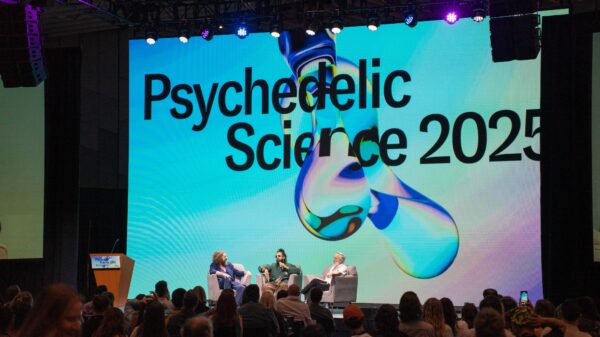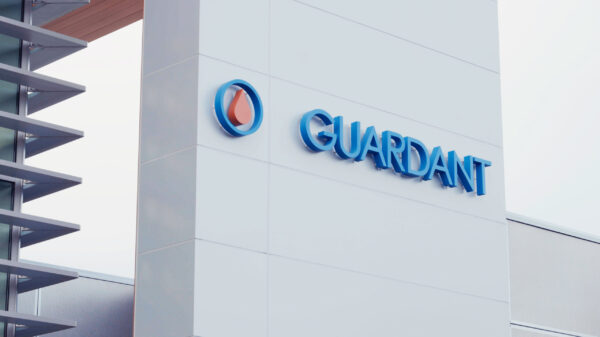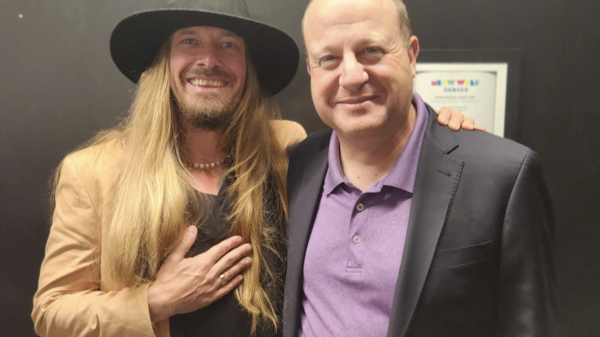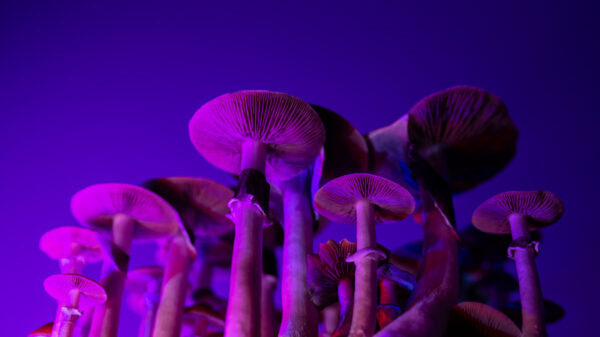People suffering from cancer reported to be less depressed after taking a single psilocybin dose, according to a new study by researchers at the University of Pennsylvania and Sunstone Therapies.
On Thursday, the study was published in the journal JAMA Oncology and it looked into the effect of psilocybin therapy on patients suffering from cancer and major depression disorder (MDD).
Participants of the study experienced clinically meaningful, rapid, and sustained improvement in symptoms of depression over 8 weeks following a single treatment of psilocybin therapy. This occurred in patients with both curable and metastatic cancer.
Around 80 per cent of patients showed a continued response after a single dose while 50 per cent had complete remission of depressive symptoms.
“This pioneering study is the first of its kind, conducted within a community hospital cancer center, in groups, and using a lower therapist-to-patient ratio than has been the case with previous psilocybin therapy studies,” Sunstone Therapies CEO Manish Agrawal said.
“This approach has been shown to be effective in delivering a significant improvement in these patients’ depression symptoms and, if replicated in larger studies, could open the door to a wider and faster adoption of psilocybin therapy in the future.”
Read more: Nearly half of US breast cancer patients use cannabis medically, but don’t tell their doctor: study
Read more: Psilocybin and cannabis improve breast cancer treatment efficacy: Grace Health
The trial involved 30 cancer patients, both curable and incurable, in a single-center, open-label, fixed-dose, phase two study. Groups were divided into cohorts of three or four people and were simultaneously given a 25-milligram dose of synthesized COMP360 psilocybin in adjacent rooms, with a one-on-one therapist-to-patient ratio.
Group therapy was conducted during one preparation session and two integration sessions, with individual therapy also provided.
The study results demonstrated a significant improvement in depression, with patients experiencing a robust reduction in depression scores from baseline to eight weeks post-treatment.
The self-reported measures of depressive symptoms also showed a decline of 48 per cent reduction from baseline. A different test showed 53-per-cent decrease in self-rated depression severity.
“While this is an open-label study with a small number of participants, the results add to the growing body of evidence for psilocybin therapy in addressing mental distress and give hope to cancer patients and their families of an effective treatment for the depression associated with their disease,” Sunstone Therapies Chief Therapist Bill Richards.
Depression impacts one in four people with cancer and often becomes a debilitating aspect of their diagnosis.
Sunstone Therapies is based in Maryland and ran by oncologists and authors of the study Dr. Manish Agrawal and Dr. Paul Thambi. The goal of the organization is to address the emotional and mental health of cancer patients and has focused on developing psychedelic therapies and building modern centers to better the lives of people suffering from cancer.














